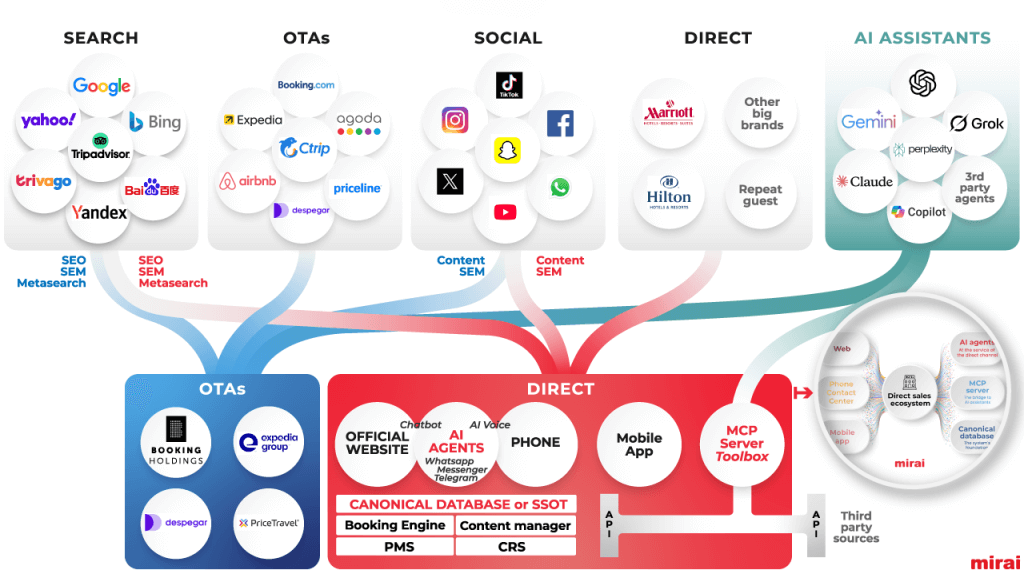
Professional landlords operating outside UK regulations at an “industrial scale” are manipulating the so-called sharing economy and endangering the safety of the public, MPs have been told.
The warning about how Airbnb and other home sharing sites are being abused came from British Hospitality Association chief executive, Ufi Ibrahim.
She was providing evidence to the Business Innovation and Skills Committee on behalf of the hospitality and tourism industry.
Ibrahim argued that home exchange websites are made up of many large-scale landlords, operating multiple properties rather than individual homeowners to which the sharing economy was intended to service.
She revealed industry research, which estimates that:
- 40% of all home-exchange website listings are ‘professional landlords’ running unregulated ‘pseudo-hotels’
- The top 1,000 home-exchange hosts are netting £150 million of accommodation revenue a year
- Half of all home-exchange listings are entire properties rather than rooms in host’s own homes
- London is most affected with the largest number of landlords – 40% of all listings in London are multiple property owners renting accommodation on a short-term basis year-round
Platforms such as Airbnb are allowing hosts to circumvent planning regulations, break short lettings regulations and avoid tax, food, health and fire safety regulations, she claimed.
The industry is particularly concerned that the UK’s trusted reputation as a high quality and safe tourist destination could be damaged if guest health, safety and security checks are not properly delivered, Ibrahim told MPs.
The BHA put forward three key proposals to properly regulate home exchange websites and bring them up to the quality standards of the tourism and hospitality industry.
They should:
- Share with government bodies (London Authorities & Councils, HMRC) named host level data to demonstrate clearly:
- Who is letting over 90 nights in London?
- How many people are letting out a secondary residence?
- How much tax is due on the income?
- How staff are employed and paid to service multi-rentals?
- Directly restrict landlords from letting out for more than 90 days per year through their platform.
- Require much stricter checks on safety and security, something other sharing economy platforms, such as Uber, have already implemented.




